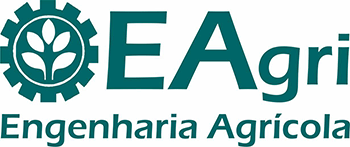ABSTRACT
This paper aimed to develop predictive models to determine total soluble solids, firmness, and ripening stages of ‘Pacovan’ bananas, using Vis-NIR spectroscopy and machine learning algorithms. A total of 384 bananas were divided into different days of storage (0, 3, 6, 9, 12, 15, 18, and 21 days) at two temperatures (25°C and 20°C). Bananas were subjected to spectral analysis using a spectrometer operating in spectral range of 350 – 2500 nm. Physicochemical parameters of quality, total soluble solids, and firmness were determined by reference analyses. Different machine learning algorithms were used to develop regression models and supervised classification. The best model for total soluble solids was the Random Forest with variable selection, showing an R2cv of 0.90 and RMSECV of 2.31. The best model for firmness was the Support Vector Machine with variable selection, showing an R2cv of 0.84 and RMSECV of 7.98. The best classification model for different ripening stages was the Multilayer Perceptron with variable selection, which achieved the precision of 74.22%. Therefore, Vis-NIR spectroscopy associated with machine learning algorithms is a promising tool for monitoring the quality and ripening stages of ‘Pacovan’ bananas.
KEYWORDS
quality attributes; non-destructive method; Musa spp.

 Thumbnail
Thumbnail
 Thumbnail
Thumbnail
 Thumbnail
Thumbnail


